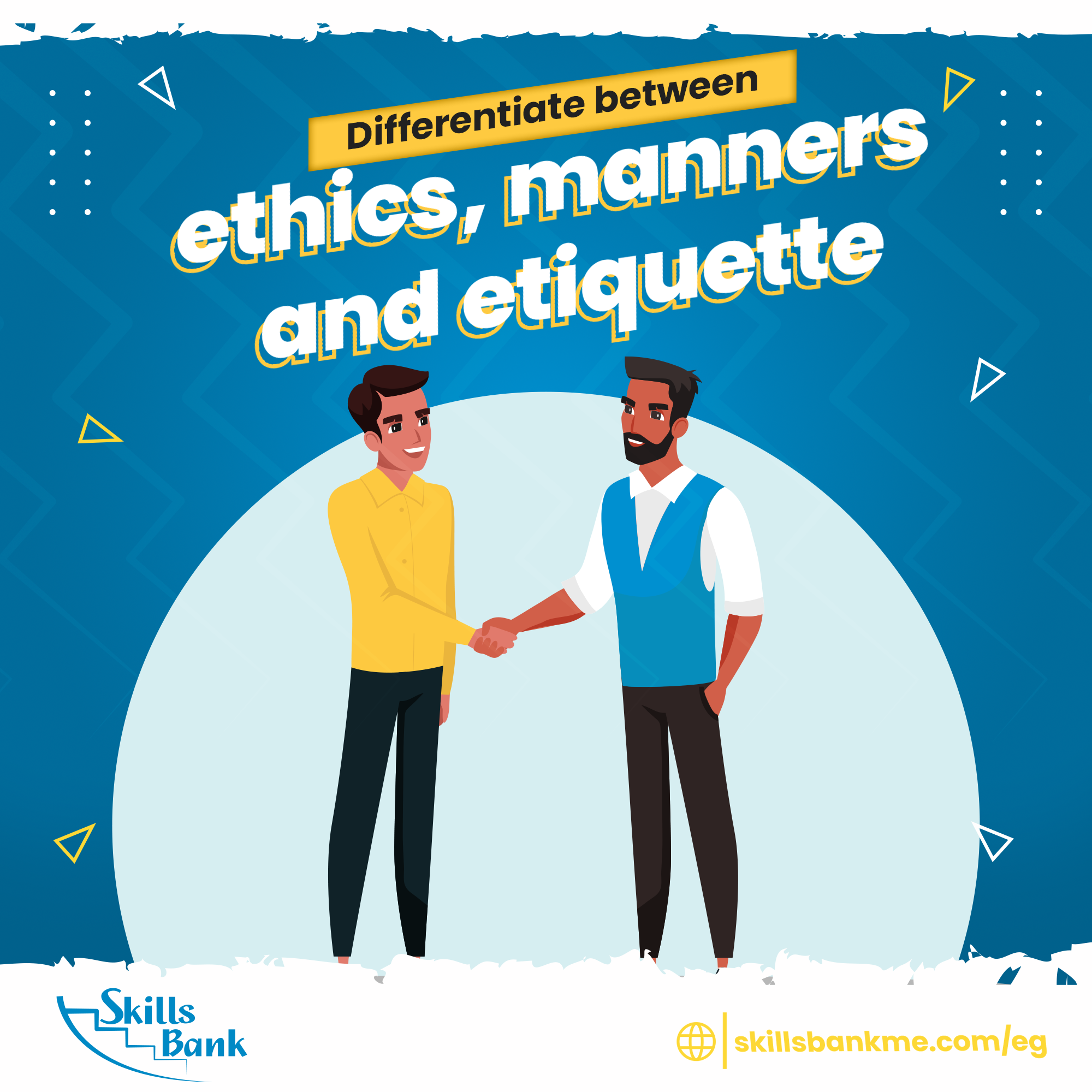In our daily lives, we encounter different situations that require us to behave in certain ways. This behavior is shaped by our beliefs, values, and social norms. Ethics, manners, and etiquette are all related to our behavior in society, but they are not the same things. In this blog, we will explore the differences between ethics, manners, and etiquette.
Ethics:
Ethics refers to the principles and values that govern behaviour and decision-making. It's about doing the right thing and making moral choices. Ethics is often associated with professional conduct, and it is a key component of reputation management.
Manners:
Manners refer to a set of rules or customs that dictate how people should behave in social situations. They tend to be more focused on etiquette and politeness, and they vary by culture and context. Manners are often associated with social conduct and are often taught from a young age.
Etiquette:
Etiquette refers to the conventions of polite behaviour in society, and it often has to do with specific situations or contexts. For example, there are specific rules of etiquette for conducting business meetings, attending parties, or eating in a formal setting. Etiquette is also associated with social conduct and is a component of manners.
In conclusion, ethics, manners, and etiquette are all related to behavior, but they are different things. Ethics refers to the principles that guide our behavior, manners refer to social norms that dictate how we behave in social situations, and etiquette refers to a set of rules that govern behavior in formal settings. Understanding the differences between these three concepts can help us navigate different social situations with ease and grace.



